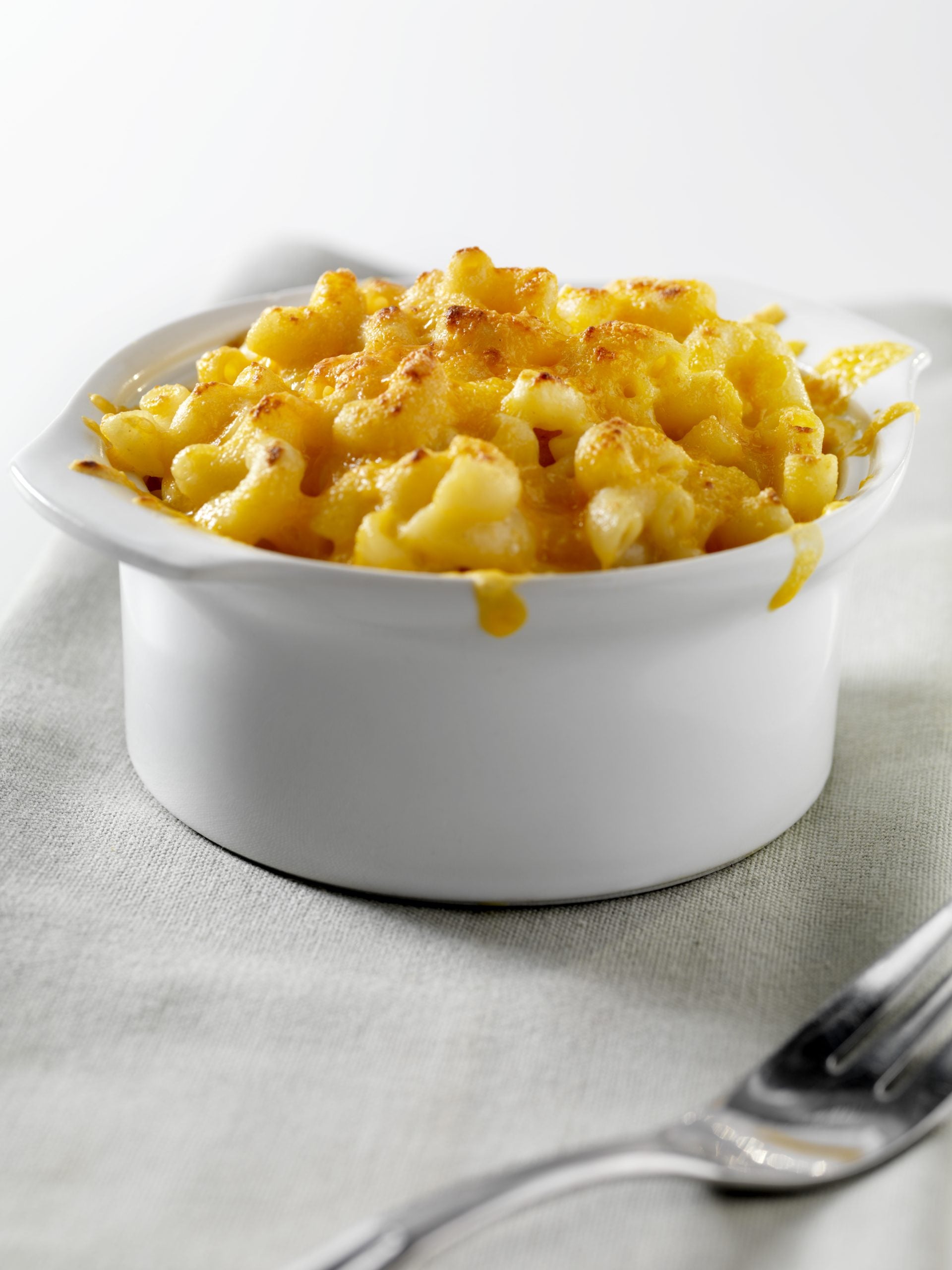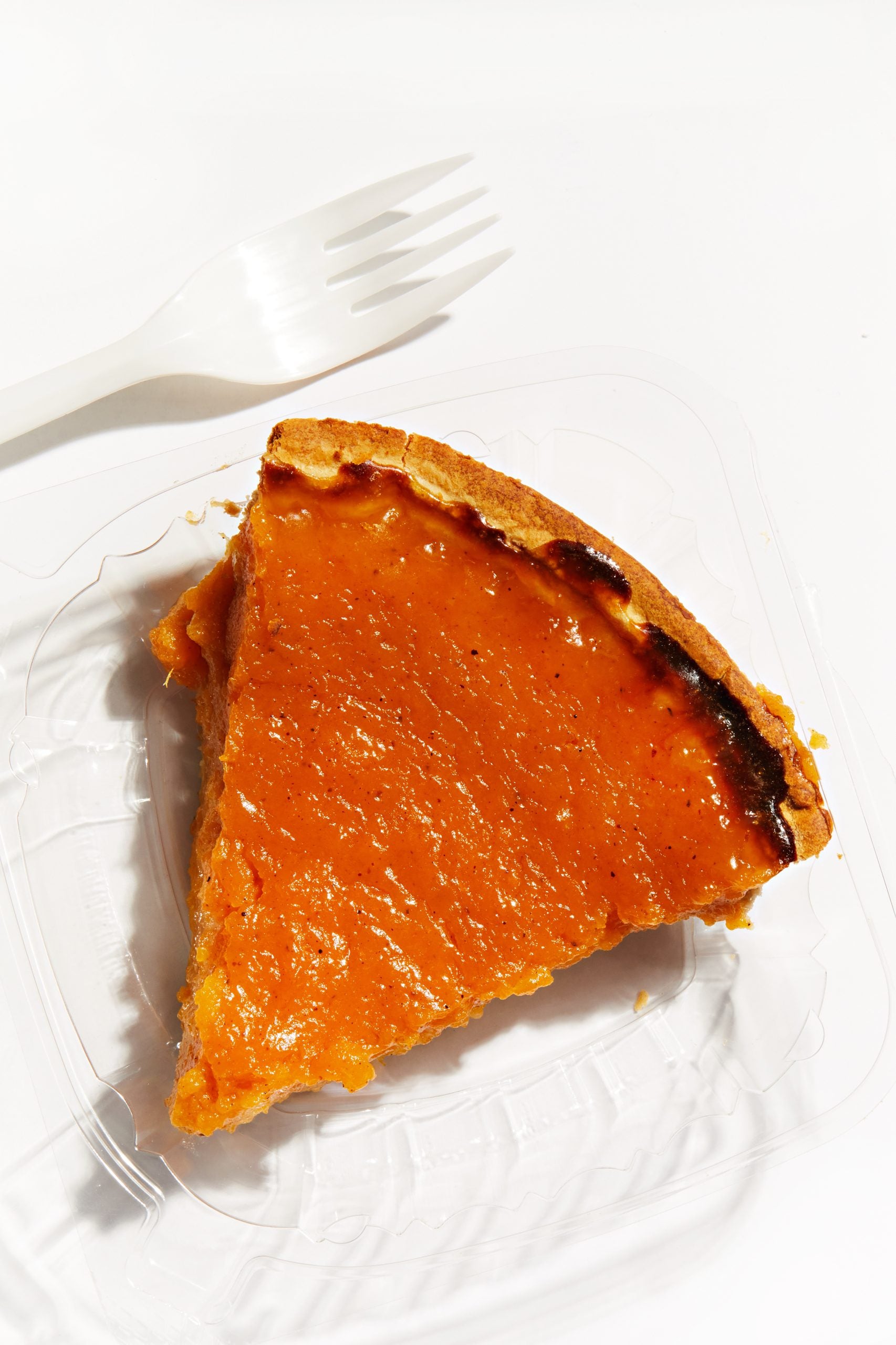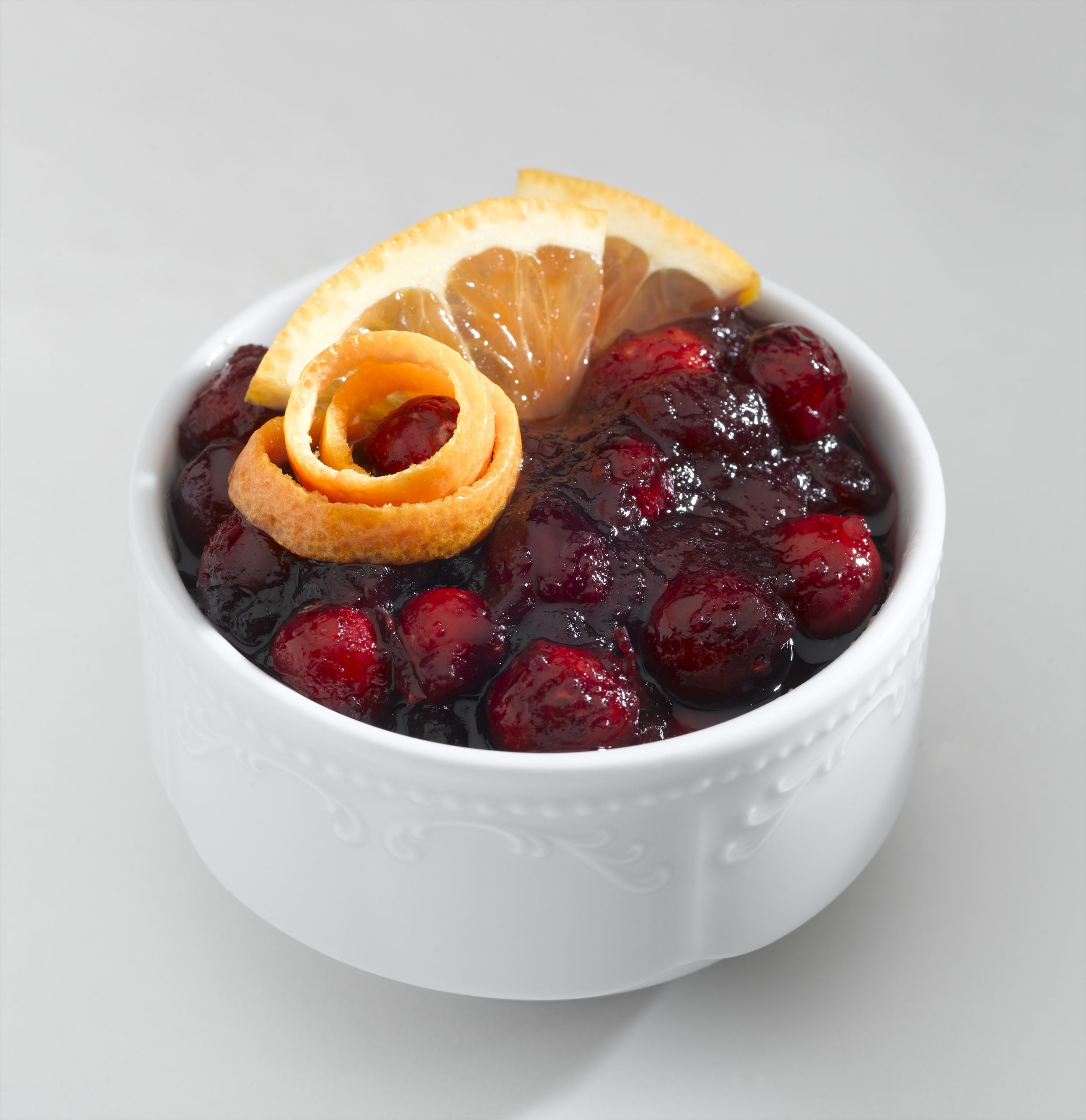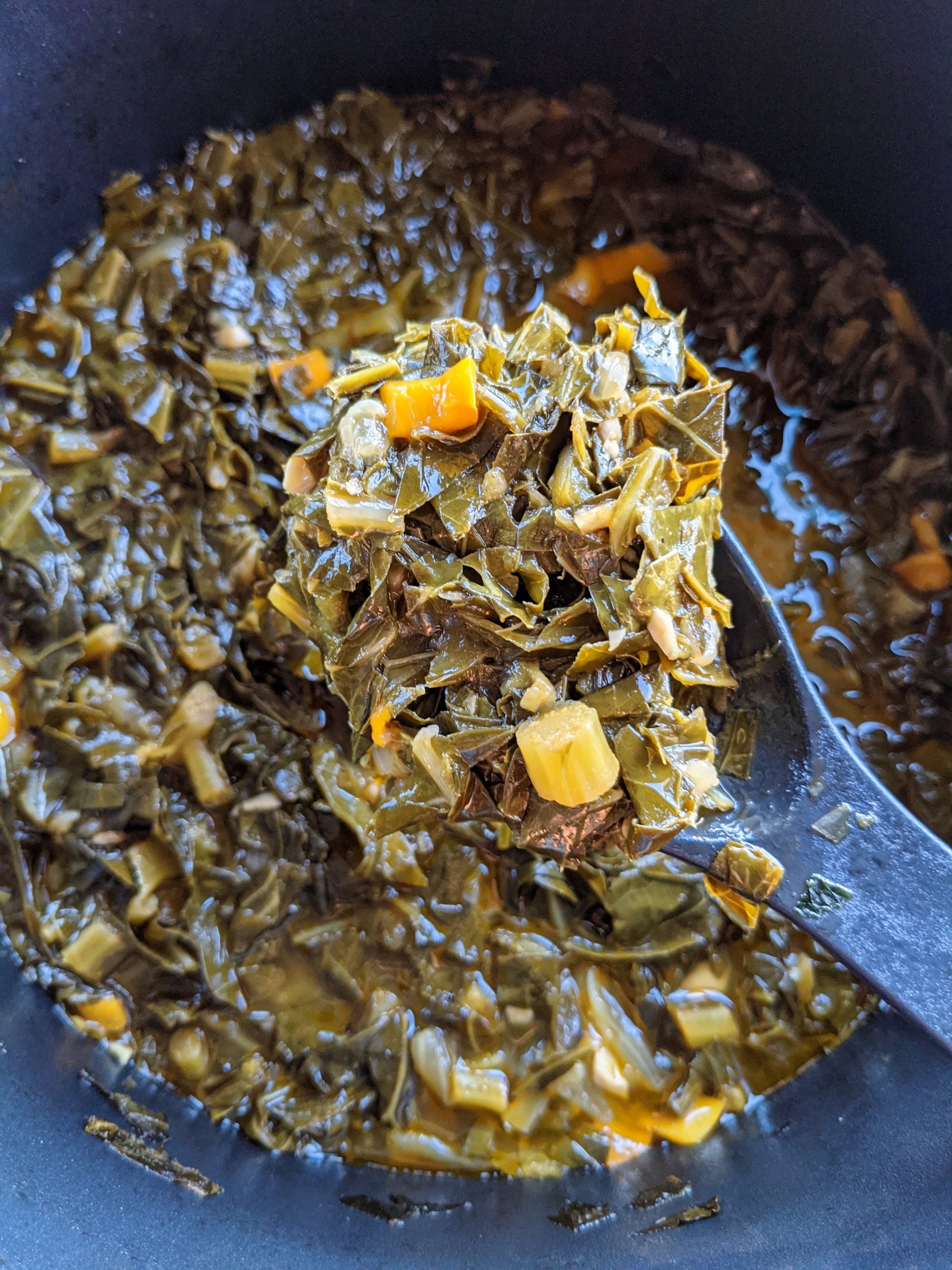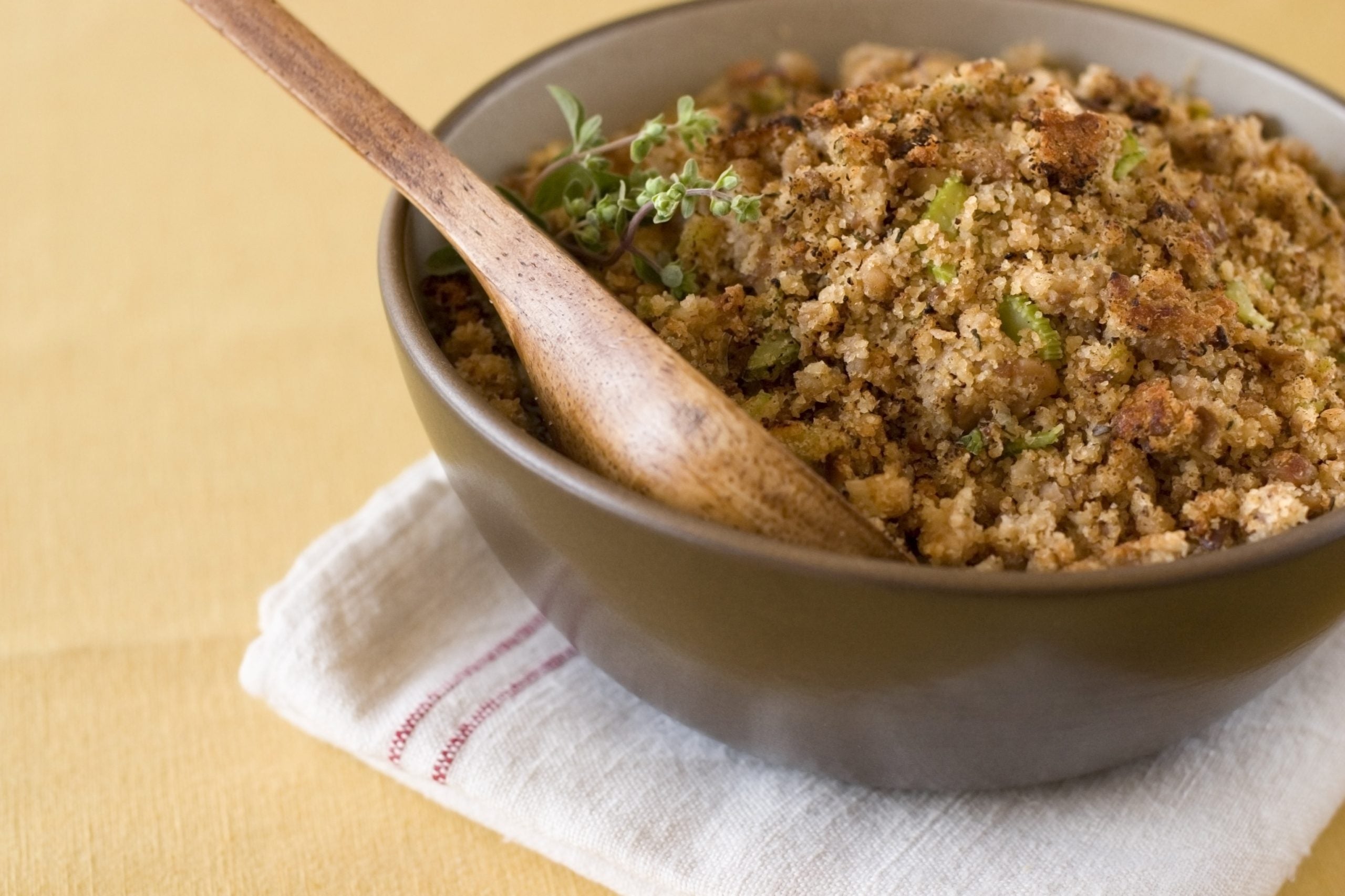
The holidays came at us fast this year, so many are already prepping for Thanksgiving with family and friends. If you’re cooking or bringing a dish, perhaps you’re getting your world-class menu together and gathering ingredients.
For Black families, soul food dishes will decorate many tables in all of their vibrancy and glory. Many of these dishes are made with recipes rooted in family traditions and culture, which means they could look different for each person.
Soul food hailing from the south is often associated with the prevalence of high blood pressure and diabetes in African Americans. Some reasons are frequent frying, the use of animal fat, and salt. It’s important to note that we, as Black people, don’t have prevalent health issues because we don’t know how to eat—systemic racism and a lack of access to affordable and healthy foods, also known as food desserts, are undeniable causes.
“There’s no doubt that the way we eat can have an impact on our health, but it’s a mistake to assume that eating candied yams or fried chicken can make or break our health,” says Dr. Kera Nyemb-Diop, nutrition expert, food activist and nutrition coach in West Orange, New Jersey.
She adds that even the CDC acknowledges other factors feed into our health, such as genetics, behavior, environmental and physical influences, medical care, and social aspects. Nyem-Diop tells ESSENCE, “Like every food culture in the world, Black dishes comprise some that are nutrient-dense, rich in whole grains, vegetables, beans, and the like, which tend to be the celebratory meals we eat on Thanksgiving.”
“The nutrient-dense foods are important to replenish the nutrients our body needs, and the others don’t do much for us nutritionally, but we eat them because they make us happy, “food for the soul,” Nyemb-Diop says.
That said, there’s nothing wrong with tweaking your soul food dishes to boost their nutritional value if you’d like to. Here are a few spins you can add to some familiar Thanksgiving dishes, according to Carlie Saint – Laurent Beaucejour, a registered dietician, nutrition coach, and executive director of Crave With Carlie in Philadelphia.
You may decide that changing the content of your dishes isn’t for you, and that’s completely valid too. It’s ok to have a ‘low vibrational plate’ every now and again, as it’s more about your daily habits than a seasonal meal.
“The challenge with Thanksgiving is the abundance of food and the tradition of eating large portions,” Nyemb-Diop tells ESSENCE. “At the end of the day, Thanksgiving is just one day. What will matter are your eating habits for the other 364 days of the year. My point is, don’t stress about Thanksgiving; enjoy your sweet potato pie without the guilt.”
